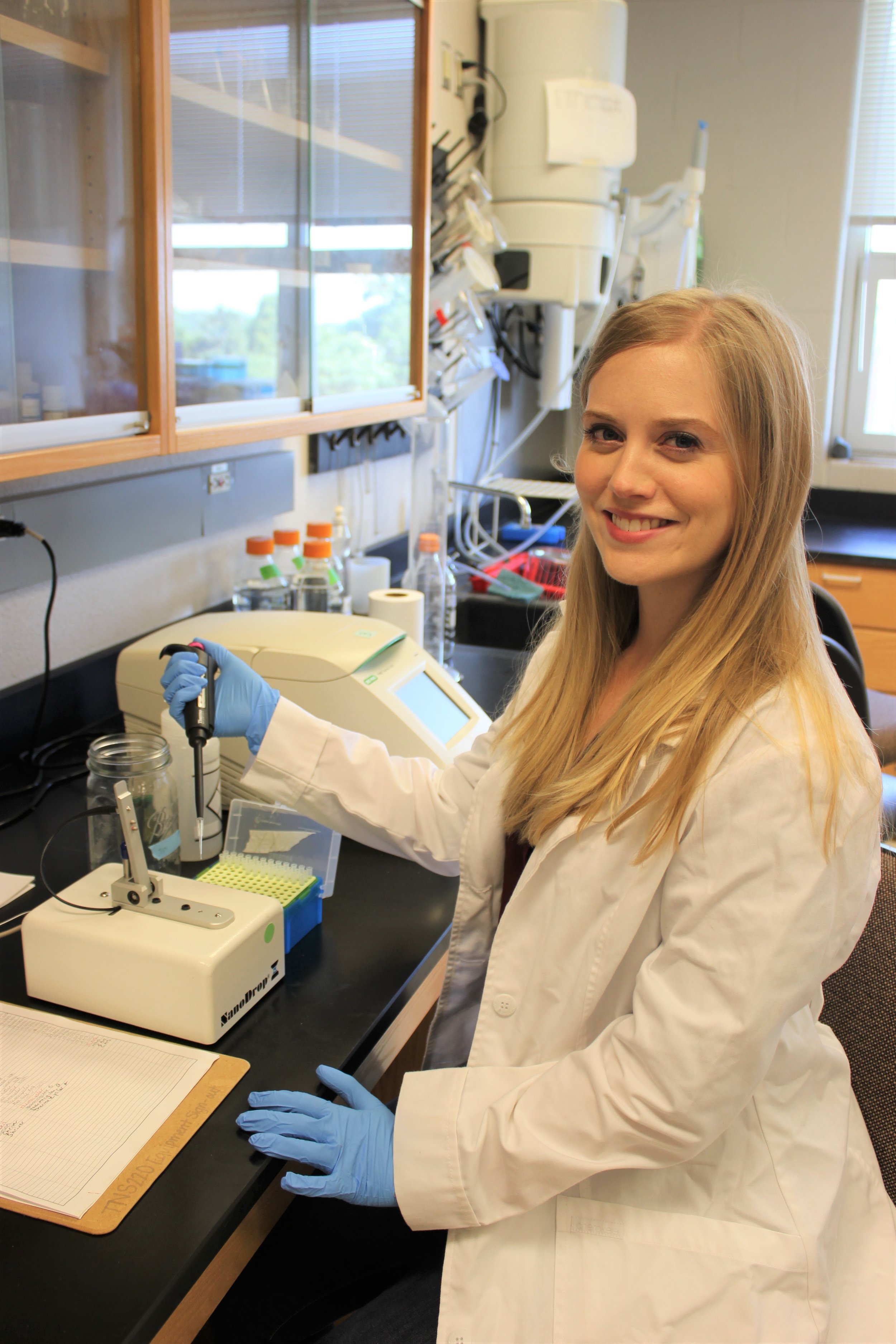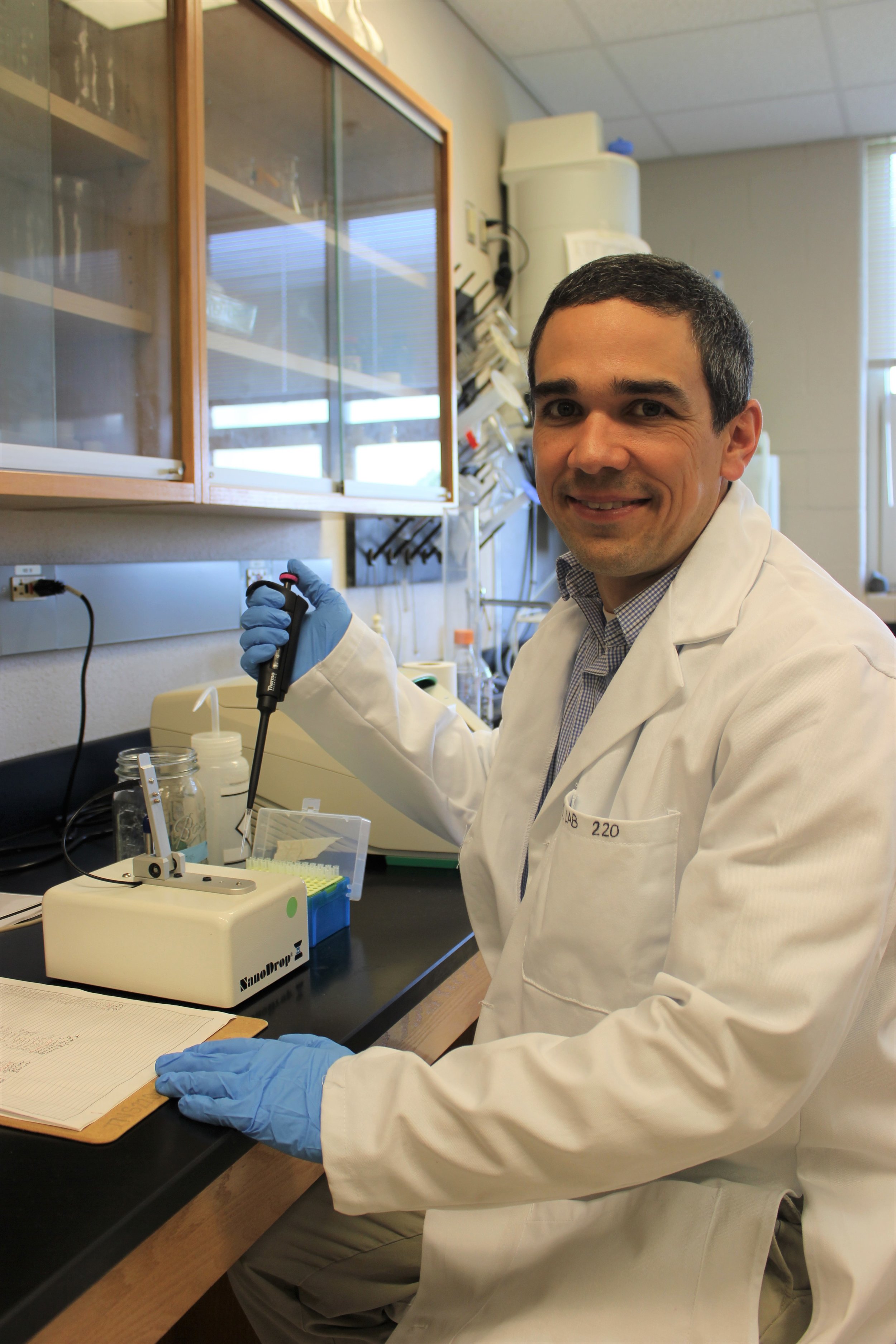A few months ago I was contacted by Dr. Paige Jarreau, a science communication specialist at Louisiana State University, to discuss how scientists use Instagram to positively engage with the public. My Instagram is a source for daily wildlife facts and information on how to become a wildlife biologist. I post cool facts about the critters in your back yard and around the world as well as highlight the importance of science and conservation research. Why do I do this? Well, for starters, it's fun! Posting on Instragram is a great way to combine my passions with down time, and I really enjoy talking to so many outdoor and STEM (science, technology, engineering, and math) enthusiasts! However, social media is also a great way to showcase diversity and trustiworthiness in science, and here is how we're going to test it:
Scientists are often perceived as smart, but stiff. Warmth, friendliness, and receptiveness are not always associated with people in STEM. Recent research testing these concepts found that Americans perceive scientists as competent, but not necessarily warm- and warmth is a key component of trust. Experts in all fields must work to disseminate their research, but also earn (and maintain) the trust of those listening. Sometimes, we fail at one, or both. Simply put, we've got a public image problem. Fortunately, I, along with many others, are interested in whether we can change the way the public views and trusts scientists.
I was super pumped when Paige reached out to me because she wants to test whether using Instagram can generate trust between scientists and non-scientists. Does showing that we are regular people make the public more likely to perceive us as warm, friendly, and therefore trustworthy? Is information online more believable when accompanied by a friendly face? Do selfies make scientific content more dynamic and trustworthy?
Do #ScientistsWhoSelfie foster a better public image?
These are just a few questions being asked by my team on a project where we are empirically testing whether personalization in online presence fosters a better public image. Using Instagram, our team is going to measure how public perception changes when presented with curated and informative posts on social media. Specifically, do selfies help scientists? Measuring this empirically means we can provide scientists with ways to be more effective disseminators of science and research. While many see science communication as a frivolous pastime, we want to generate information to show that online STEM presence is worth scientists' time. We want to learn how to best earn public trust in order to make science more accessible and useful for all.
If you're visiting my website, there's a good chance you first found me on Instagram or Twitter. If you enjoy my content, or if you're here because you follow other awesome scientists on social media, this post is for you! To make this project successful, we need your help. We are jumpstarting this research with a crowdfunding campaign. With professional endorsements, a bare-bones budget, and a detailed timeline, our project includes dozens of scientists and STEM enthusiasts who are already generating content that the public will evaluate. If you like my work, or science in general, please consider visiting our experiment's campaign webpage to learn more about the research and how you can contribute: To Selfie or Not to Selfie?
Starting tomorrow, you can also join our #ScientistSelfie challenge! Check out my Instagram tomorrow morning (link at the top of this post) for instructions on how to add to this much-needed experiment! Your attention and assistance can help us be better at our jobs, better describe our fields, and be more likely to encourage others to pursue a career as a trusted scientist.
Check us out at experiment.com/scientistselfies to get involved and help our experiment!




